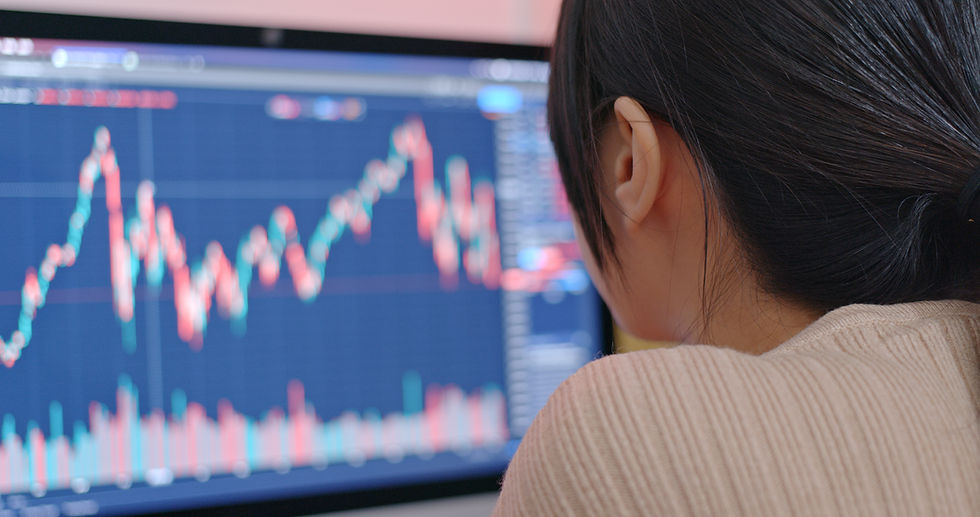Will Value Investing Outperform in 2022?
- Tyson Jonas
- Jan 13, 2022
- 2 min read
As we welcome in 2022 it seems like the news is reporting the same stories as always, a rise in covid cases, loose monetary policy, somewhere in the world political tension and in the investing world talk of is this year that value investing makes a resurgence?
Value investing has been one of the (arguably the most popular) ways to invest ever since Benjamin Graham published his seminal book “The Intelligent Investor”. In essence a value investor tries to purchase shares in companies that appear to be cheap relative to their earnings or assets. The classic line about the objective of a value investor is to “buy a dollar for fifty cents”.
Over the long term, this has been a sound strategy for investors however over the recent decade performance while solid has been disappointing relative to the performance of growth stocks. Over the past 5 years global value stocks have returned 9.8% annually in comparison to the 22% annual return of growth stocks.

A thousand dollars invested across a value stock index would have grown to $1,596 over the past 5 years, while a thousand dollars invested across growth stocks would have grown to $2,488, a difference of $892 or nearly your entire initial investment.
Many global investment majors are again predicting that this year will be a year that value stocks outperform due to a combination of inflation and rising interest rates. Theory underlying this is argument effectively that often many businesses that fall into the value category are able to increase prices to offset the impacts of inflation.
The more important point in my opinion is the impact that rising global interest rates will have on the valuation of high growth companies. With many high growth companies investors and analysts expect that revenues, profits and earnings will be increasing significantly in the future from where they are today. However, one of the fundamental theories of investing is that a dollar today is worth more than a dollar 5 years from now. The simplest way to think about this is look at house price growth over the past decades. Unlike years past, you certainly are not able to pick up a beach side apartment in Bondi for $200,000 today. As these future earnings and profits are discounted by interest rates plus a risk premium (because owning equities is risky) the higher the number you use to discount the future earnings the lower the valuation you are willing to pay today.
For stocks that value investors love, often these stocks are already well-established companies and the analyst is assuming a much lower rate of growth meaning that their valuation is less likely to be heavily impacted by rising rates. Almost every year since the GFC there has been a reasonable base case as to why every year is going to be the year that value investing will outperform growth massively. This has mostly been wrong.
Our process is to mostly ignore these headlines and instead focus on finding investments that we believe are high quality, reasonably priced (although we will never turn down a bargain!) and provide us with a margin of safety.
Will 2022 be the year that value outperforms? We have no idea but in the meantime we will continue to enjoy the value vs growth debate.




Comments